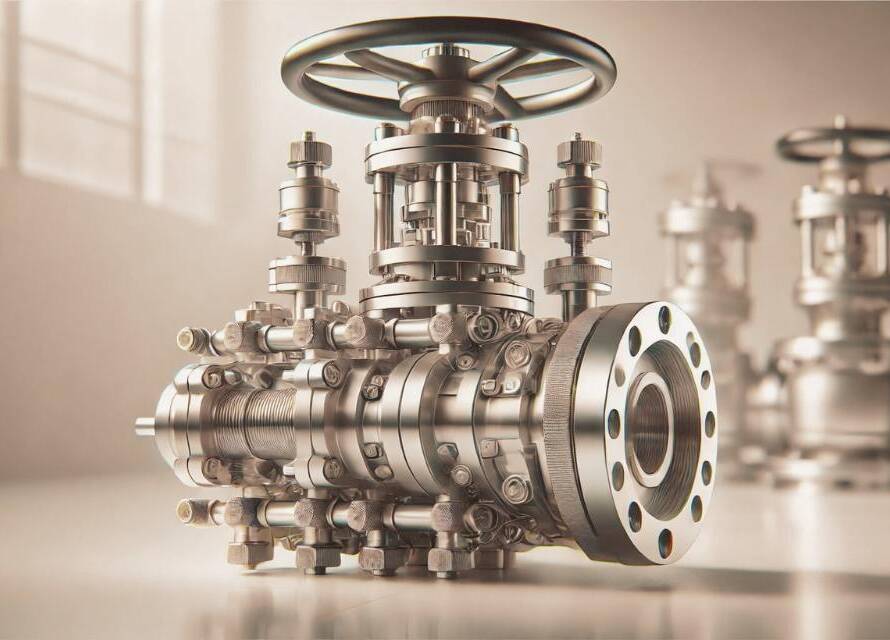In the highly regulated industry of valve and pump manufacturing, adhering to stringent standards is essential not only for ensuring safety and efficiency but also for maintaining competitiveness in the market. As U.S. manufacturers navigate the complexities of production, a comprehensive understanding of key standards can help streamline operations and bolster compliance efforts.
American Petroleum Institute (API) Standards
One of the most significant sets of standards for valve and pump manufacturers comes from the American Petroleum Institute (API). Among these, API 610 stands out as a crucial guideline for centrifugal pumps used in the petroleum, petrochemical, and natural gas industries. This standard emphasizes the need for robust design and reliable performance, while also allowing for additional specifications tailored to individual applications. This flexibility ensures that manufacturers can meet the unique needs of their clients while adhering to a core set of high standards.
Another important API standard is API 682, which focuses on shaft sealing systems for centrifugal and rotary pumps. This standard is particularly relevant for pumps used in refinery services and emphasizes the importance of mechanical seals in maintaining operational integrity. API 682 sets out detailed guidelines for the selection, application, and testing of mechanical seals, helping manufacturers ensure their products can withstand the demanding conditions of refinery operations.
National Electric Manufacturers Association (NEMA)
Standards set by the National Electric Manufacturers Association (NEMA) are essential for ensuring the safety and compatibility of electrical components used in pumps and valves. These standards cover everything from electric motors to control equipment, providing a comprehensive framework that manufacturers can rely on to ensure their products meet rigorous safety and performance criteria. By adhering to NEMA standards, manufacturers can enhance the reliability and safety of their electrically powered pumps and valves.
American Society of Mechanical Engineers (ASME) Codes
The American Society of Mechanical Engineers (ASME) offers several codes that are vital for valve and pump manufacturers, particularly those involved in in-service testing and inspection. Initially, these requirements were part of the ASME Boiler and Pressure Vessel Code but were later moved to a standalone Operations and Maintenance (O&M) Code. This code provides detailed guidelines for in-service testing and inspection, ensuring that pumps and valves perform reliably throughout their operational life.
U.S. Department of Energy (DOE) Standards
Energy efficiency is a growing concern, and the U.S. Department of Energy (DOE) has established an Energy Conservation Standard and Test Procedure for pumps. Effective from January 2020, this standard aims to regulate energy consumption, ensuring that pumps meet specific efficiency levels. Compliance with this standard not only helps manufacturers reduce energy costs but also positions them as leaders in sustainable manufacturing.
Clean Air Act Requirements
Environmental compliance is another critical area for valve and pump manufacturers. Under the Clean Air Act, valves used with hazardous chemicals must adhere to strict leak detection and repair (LDAR) standards. This ensures minimal leakage and helps protect the environment from harmful emissions. Manufacturers must implement rigorous testing protocols to ensure their valves comply with these stringent requirements.
As a U.S.-based company with 30 years of experience, Source Machining Specialties specializes in helping U.S. manufacturers with their manufacturing needs in India. We’re so confident in our Indian production facilities that we invite you to a site audit at our expense. Discover more about our capabilities and services, and let’s start a conversation.



